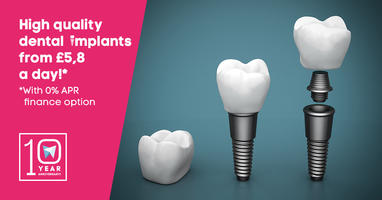Dental inlays are somewhere between a filling and a crown. They can be made for either material, form the tooth colored porcelain of a crown, or the composite gradia of a tooth filling, or even precious metals like gold or silver. Basically, when the damage or decay is too severe, and some of the cusps of the teeth are already gone or cannot be saved, and a filling is not enough to do the trick, an inlay needs to be used.
The Process
Usually, an inlay will be made in two visits, with a mold of your tooth being taken, and the inlay being made in a dental laboratory. However, with direct inlays, the process becomes a one visit dental treatment. Your tooth will be cleansed and shaped so that it can receive the inlay. After this, a small piece of composite gradia will be taken and placed into the tooth itself. Once it has taken on the shape of the inside of the tooth, the piece will be baked and hardened, after which it will be fit into the tooth itself. The appointment can take anywhere up to 90 minutes, but once it is done, you will have a new, repaired tooth without the need to rely on prosthetics.

Advantages and Disadvantages
The price is usually the same as for regular inlays or onlays, but the main disadvantage of this treatment is that you are limited in your choice. You will have to get the softer composite gradia, and you will not be able to get a porcelain or gold inlay because those cannot be made in this sort of time frame. If this is not a problem for you, then getting direct inlays may be just the thing you were looking for. If you were hoping to get a gold or porcelain inlay, then this treatment may not be for you.
image: 1.

